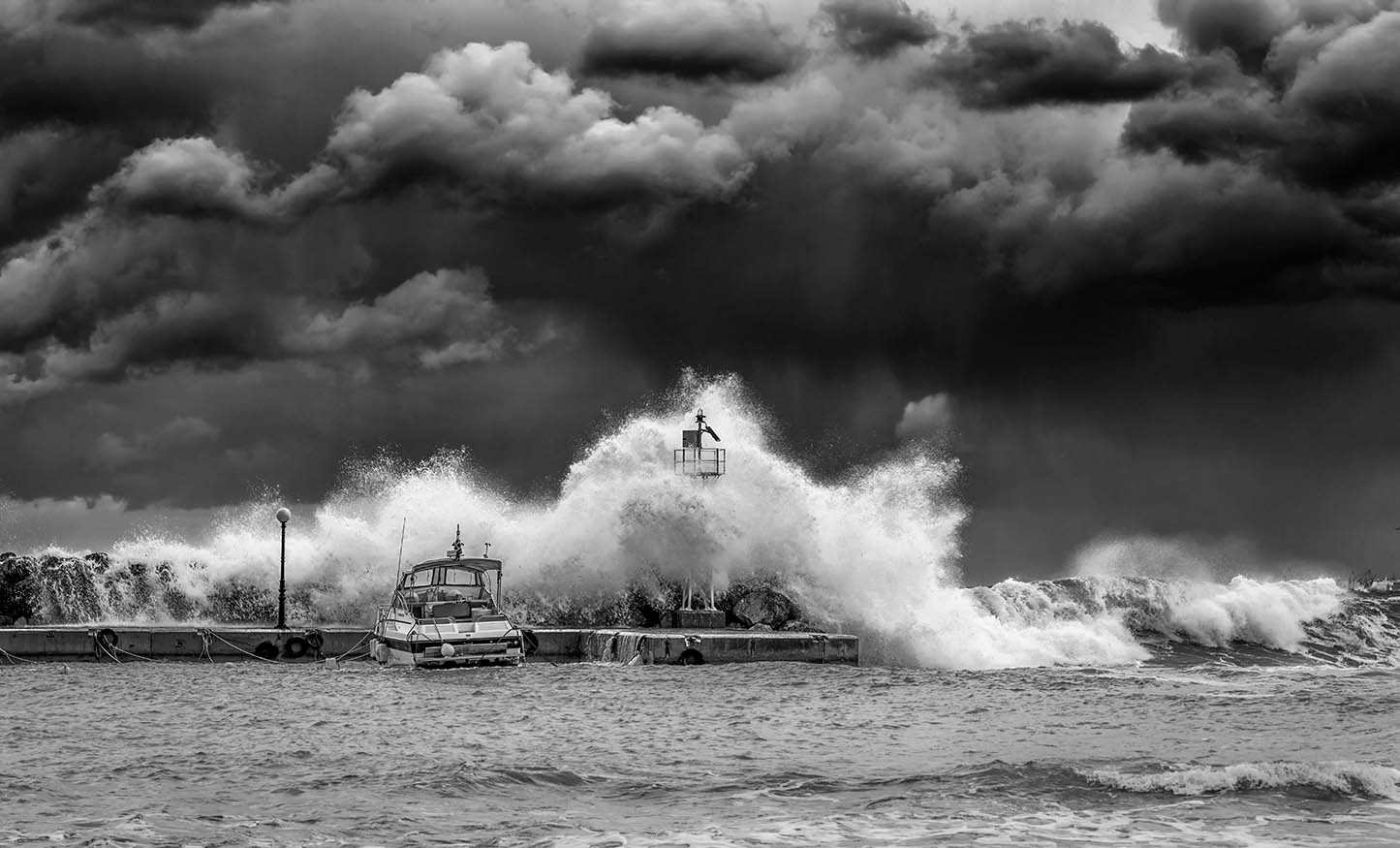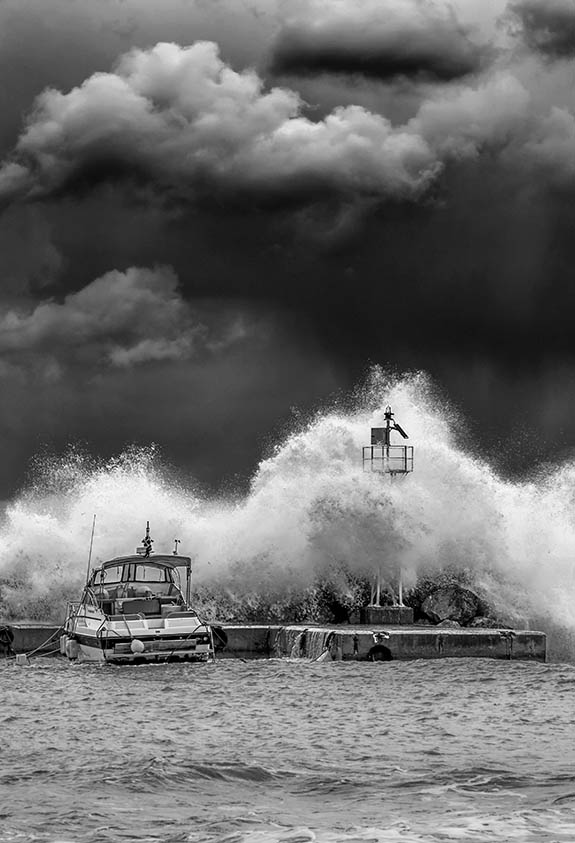


The earthquakes that devastated Japan and parts of South America last weekend remind us that natural disasters strike when we least expect, often without warning or time to prepare. Based on her own experience with a failed hotel evacuation for a tsunami in 2008, Glion lecturer Laury Chatonnier shares why it’s essential to train staff – from managers to receptionists – how to respond in an emergency so they can remain calm and lead successful interventions.
What happens when you have a written tsunami hotel evacuation plan, but you’ve never practiced it? You might find that the boat you secured to lead guests to safety can’t navigate shallow water. That’s what Laury Chatonnier, a lecturer at Glion Institute of Higher Education, learned when she was the reservations and revenue manager at a luxury hotel in Bora Bora in 2008. Luckily, the wave was small, and all guests and staff were led to safety.
Chatonnier, who has served in many roles in hospitality, from receptionist to front office manager from Bora Bora to California, began teaching at Glion almost five years ago. Here, she shares best practices anyone in hospitality management can apply to prepare for emergency situations:
Build trust and provide clear communication. It’s essential to ensure employees trust their managers and vice versa. “I’ve always told staff they won’t get in trouble if they apply the procedures and a guest gets upset,” Chatonnier says. “I’d rather speak to a guest than have something more serious occur.” Additionally, it’s important staff know who will lead in an emergency and what role they’ll play.
Run through drills. You should not only write a plan that’s adapted to your specific location, but you must also practice it with hotel staff so you are prepared when an emergency happens. “We lost so much time,” Chatonnier says of the Bora Bora evacuation. “We were lucky that it was a tiny wave. On paper, our plan looked very smart. This reinforced why it is so important to try out written plans to anticipate what will happen and make adjustments in advance.” She recommends training several times a year.
Train the staff to be calm. “They know how to respond to customers. Remind them that they should have a calm attitude in an emergency,” Chatonnier explains. “Although their lives are also threatened, the calmer your staff is, the calmer your guests will be.” The result will be a faster response.
Enlist additional volunteers. Managers throughout the organization accept that leading in an emergency is part of their job description. But you also have other staff who can help. For example, facilities team members have in-depth knowledge about the hotel systems and can point out concerns to evaluate, like dangers presented by electric lines that are under water. Ensure your team is filled with experts from every background.
Photo credit: “Tsunami Evacuation Route” by Charles Hadfield / Map of the Urban Linguistic Landscape
Link: https://www.flickr.com/photos/mapurbanlinguisticlandscape/15095296171

















